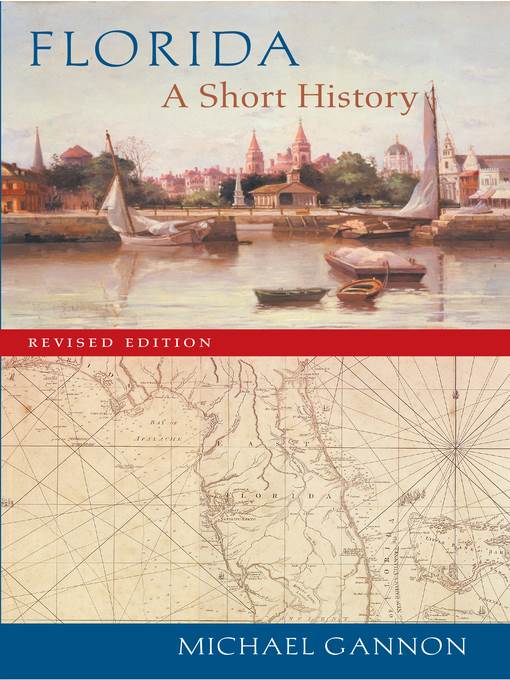As if Ponce de León, who happened on the peninsula in 1513, returned today to demand a quick reckoning ("Tell me what happened after I was there, but leave out the boring parts!"), Michael Gannon recounts the longest recorded history of any state in the nation in twenty-seven brisk, fully illustrated chapters.
From indigenous tribes who lived along spring-fed streams to environmentalists who labor to "Save Our Rivers," from the first conquistadors whose broad black ships astonished the natives to the 123,000 refugees whose unexpected immigration stunned South Floridians in 1980, the story of the state is as rich and distinctive as the story of America.
And it's older than most people think. As Gannon writes, "By the time the Pilgrims came ashore at Plymouth, St. Augustine was up for urban renewal. It was a town with fort, church, seminary, six-bed hospital, fish market, and about 120 shops and houses. Because La Florida stretched north from the Keys to Newfoundland and west to Texas, St. Augustine could claim to be the capital of much of what is now the United States."
Gannon tells his fast-marching saga in chronological fashion. Starting with the wilderness of the ancient earth, he fills the landscape with Indians, colonists, pioneers, entrepreneurs, politicians, and the panorama of Florida today—"the broad superhighways that wind past horse farms, retirement communities, international airports, launch pads, futuristic attractions, and come to rest, finally, amidst the gleaming towers of Oz-like cities." This revised edition concludes with a look into the twenty-first century, including "in-migration," restoration of the Everglades, education, the work force, and the infamous 2000 presidential election.


دیدگاه کاربران